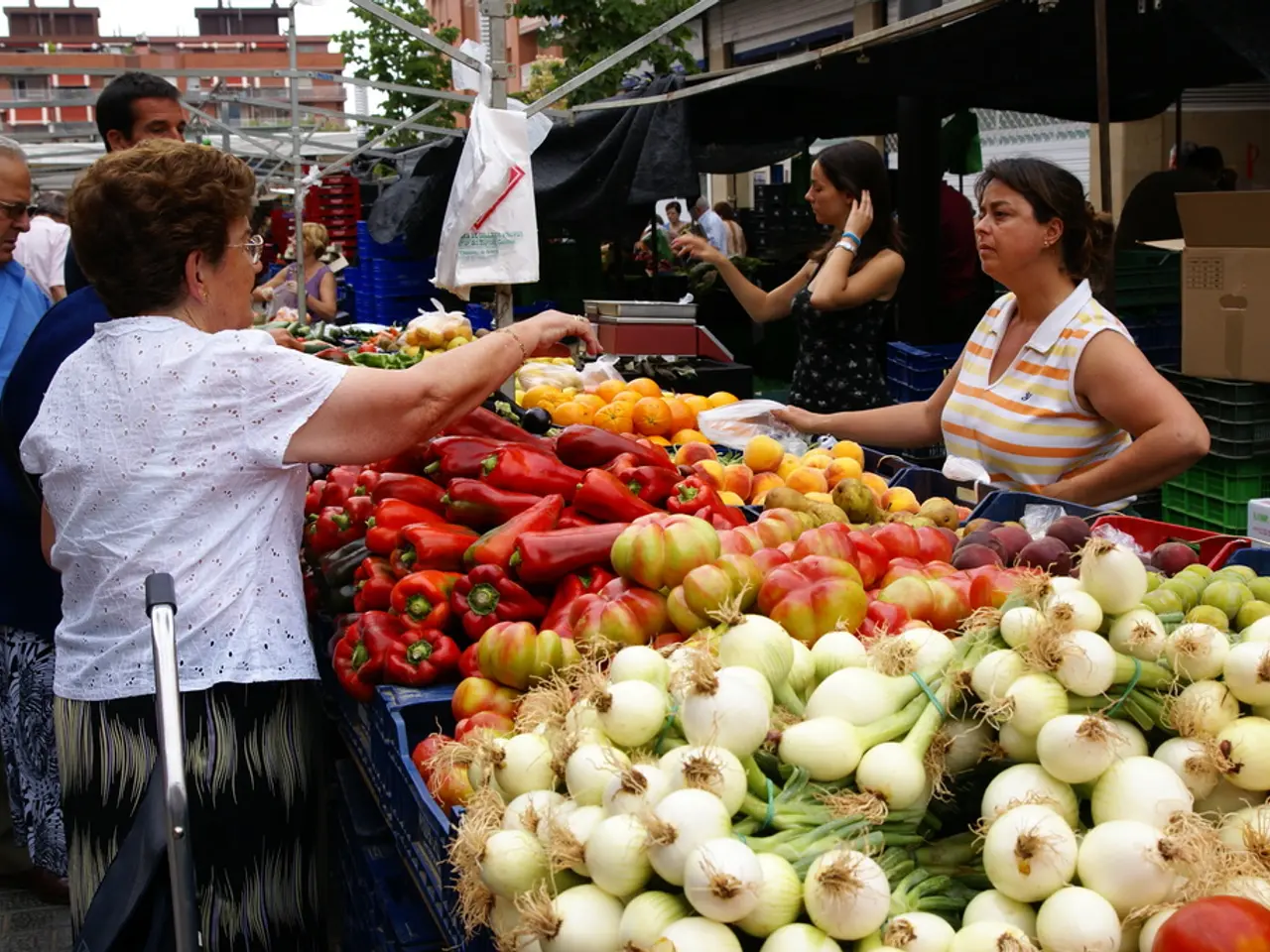International discussions on plastic waste management may depend on China's commitment to scale back their plastic manufacturing output.
China, the world's largest producer and exporter of virgin plastics, finds itself at the heart of international negotiations on plastic pollution. The surge in petrochemical production in China has led to a global oversupply of industrial chemicals used in plastic, causing the globe's price of virgin plastics to plummet.
However, China is also the world's second largest source of mismanaged plastic waste. This paradox has sparked intense debates in the ongoing negotiations for a legally binding international treaty on plastic pollution, currently underway in Ottawa, Canada.
The High Ambition Coalition (HAC), comprising over 60 countries including European Union members, Australia, and Japan, is pushing for a strong treaty that will limit plastic production and ensure greater transparency and regulation of chemicals and components used in the plastic manufacturing process.
China, on the other hand, has a different stance. The country argues that the treaty should focus on effective management of plastic waste, not reducing production. This position is influenced by China's role in the 'like-minded group,' a gathering of major plastic-producing and petrostate countries that resist ambitious legally binding measures on plastic production caps and chemicals of concern.
The surplus of virgin plastics presents a challenge to advocating for recycled plastic usage due to the competitive disadvantage created by the availability of virgin materials at lower prices. Less than 10% of plastic waste produced globally to date has been recycled, according to the United Nations Environment Programme (UNEP).
The Intergovernmental Negotiating Committee (INC) is divided on reducing plastic production. While the HAC advocates for stricter regulations, China and its allies in the 'like-minded group' argue for a more flexible treaty framework that reflects their priorities as major plastic exporters.
In 2021, China announced a five-year plan to improve its management of plastic pollution, including phasing out single-use plastics, boosting recycling, and promoting alternatives. However, the coalition of fossil fuel-dependent nations, informally known as the 'Like-Minded Countries,' enjoys the firm backing of big oil companies such as ExxonMobil and Dow.
The current conference in Ottawa is the fourth of five INC sessions discussing a potential plastic treaty, with the fifth and final session set to be held in Busan, South Korea in November 2024. The negotiations promise to be a significant milestone in the global fight against plastic pollution, with far-reaching implications for the environment, public health, and the global economy.
Plastic production accounts for around 5% of global emissions and is expected to double by 2050. The persistence of plastic waste in the environment for hundreds of years potentially impacts human health, making the need for a comprehensive and effective global treaty on plastic pollution more urgent than ever.
Read also:
- Dual-function mattress offers both cooling and coziness at an affordable price.
- Ontario falls short by a small margin in delivering the goal of four hours daily care for long-term care residents.
- "Thrilled response" from animal rights organization following cessation of canine testing at London, Ontario healthcare facility
- Altruistic zeal and a drive to instigate beneficial transformation







